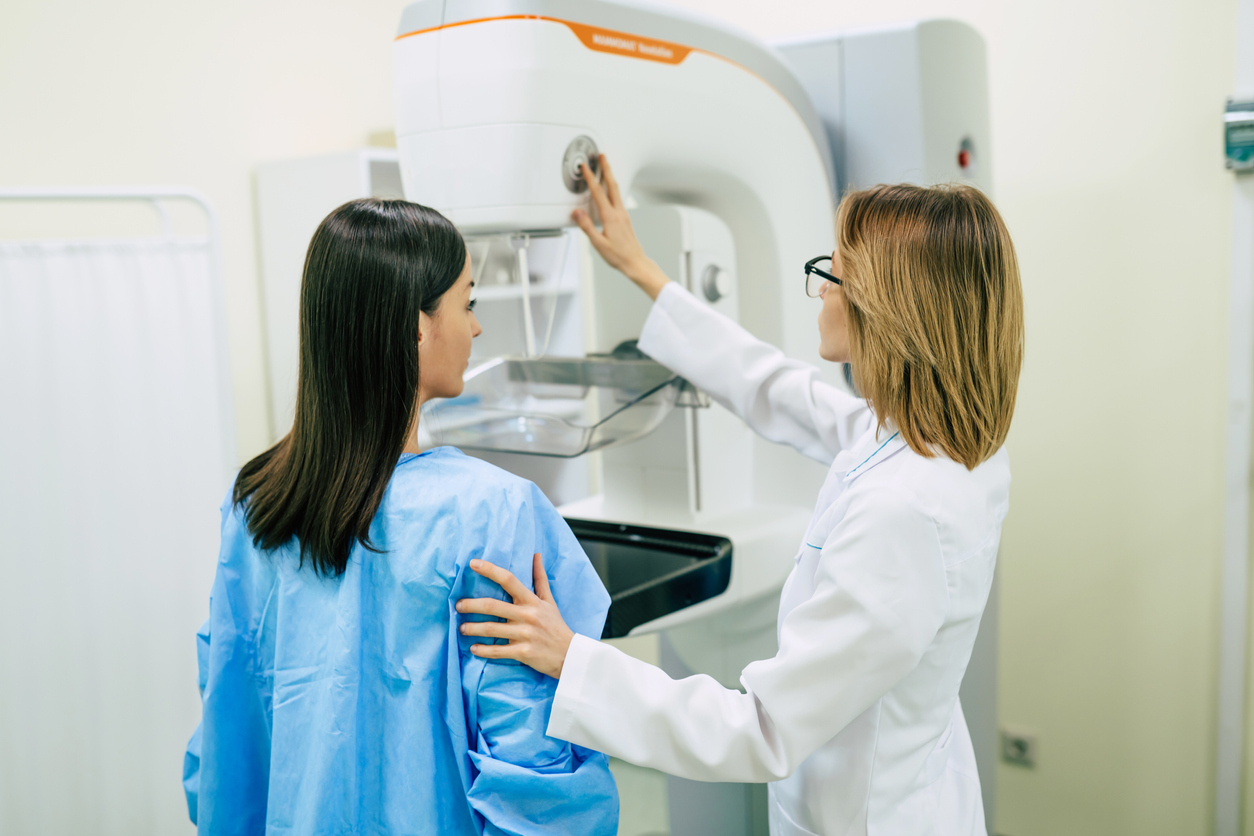Cancer screenings are nerve-wracking for many people. You’re faced with the possibility that something could be wrong, and being tested will make it impossible to ignore. The feeling can be so intense that individuals may put off or entirely skip routine screenings to avoid dealing with the recognition of their own mortality. So, is it normal to be afraid of a mammogram?
Is It Normal to Be Afraid of a Mammogram?
If this sounds at all familiar, then take comfort in knowing that it is a perfectly natural response. It’s so common that the experience is sometimes referred to as “scanxiety.”
Dealing with “Scanxiety”
If you’re struggling to gather the resolve to schedule and attend your next mammogram, there’s no reason to feel bad. What you’re experiencing is completely valid. The trick is finding ways to overcome your anxiety. That doesn’t mean you need to make it totally disappear. All you need to do is gather yourself enough so that you can go to your regularly scheduled scans and get the preventative care you need. By doing so, you will dramatically increase the chance that any conditions you do develop will be caught when they’re still easily treatable.
Sample Techniques for Handling “Scanxiety”
Everyone learns to deal with scan-related anxiety in their own way, but there are a few common techniques you can try if you’re having a hard time. These are some of our favorites that you can try for your next mammogram in Austin.
Take a Friend:
If you’re feeling nervous, moral support can go a long way. Find a friend or two that are also due to have their own mammograms and schedule them together if you can. When that isn’t possible, just ask a friend if they can go with you to your appointment. Keep in mind that Covid procedures may mean they aren’t allowed to come into the examination room with you, but that will depend on your region and provider.
Understand the Process:
This isn’t true for everyone, but some people use knowledge to calm their nerves. Knowing what to expect and how uncommon abnormal tests are may relieve some anxiety. While doing your research, you may notice that some women do have abnormal mammograms that turn out to be nothing of concern. If that happens to you, you may get called in to see your breast cancer surgeon in Austin for another mammogram or a biopsy.
This is a totally normal part of the process, and it does not mean you have cancer. All it means is that your mammogram was flagged as potentially problematic. This is more likely to happen if you don’t have a consistent record of mammograms. Having previous tests allows for a straight comparison that will help to identify natural structures in your breasts that are not signs of cancer.
Talk to a Therapist First:
For more severe anxiety, consider speaking with a mental health professional. Given their expertise, a trained therapist will be able to use trial and error to help you find coping mechanisms that work while getting you the preventative care you need.
Try Breathing Exercises:
If you aren’t quite ready for a therapy session but really need a way to calm down before your mammogram, then try breathing exercises. You can find tons of videos online that will guide you through calming breathing exercises to keep you distracted and in control. Depending on the level of your anxiety you may need to do a set of breathing exercises before leaving your home and in the doctor’s office.
Be Upfront with Your Technician:
Your medical technician at Breast Health Institute Austin does mammograms all day. They know what they’re doing, and they want to make sure you’re comfortable during the process. If you’re feeling a bit nervous, tell them. Together you can decide what will make the process best for you and give you a realistic window as to when you can expect your results.
The Wait
Waiting for results can be very stressful for patients. That is why most providers try to get results back in just a few days. Only 6-8% of all mammograms performed come back with potential abnormalities, so the odds are very much in your favor. However, you should remember that if the results aren’t totally clear the first time, you don’t need to panic. There may be nothing actually wrong. Your doctor just needs further testing to be sure.

